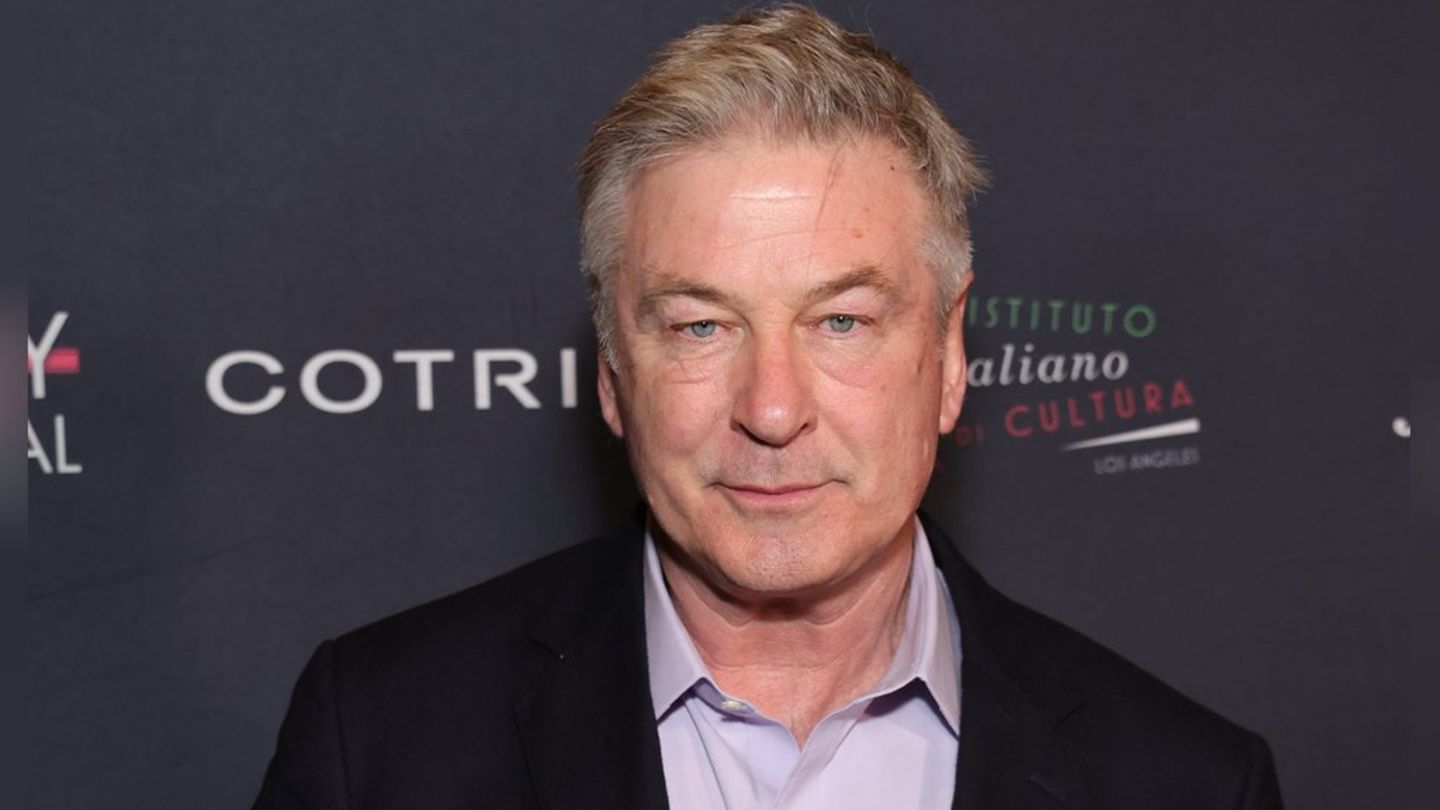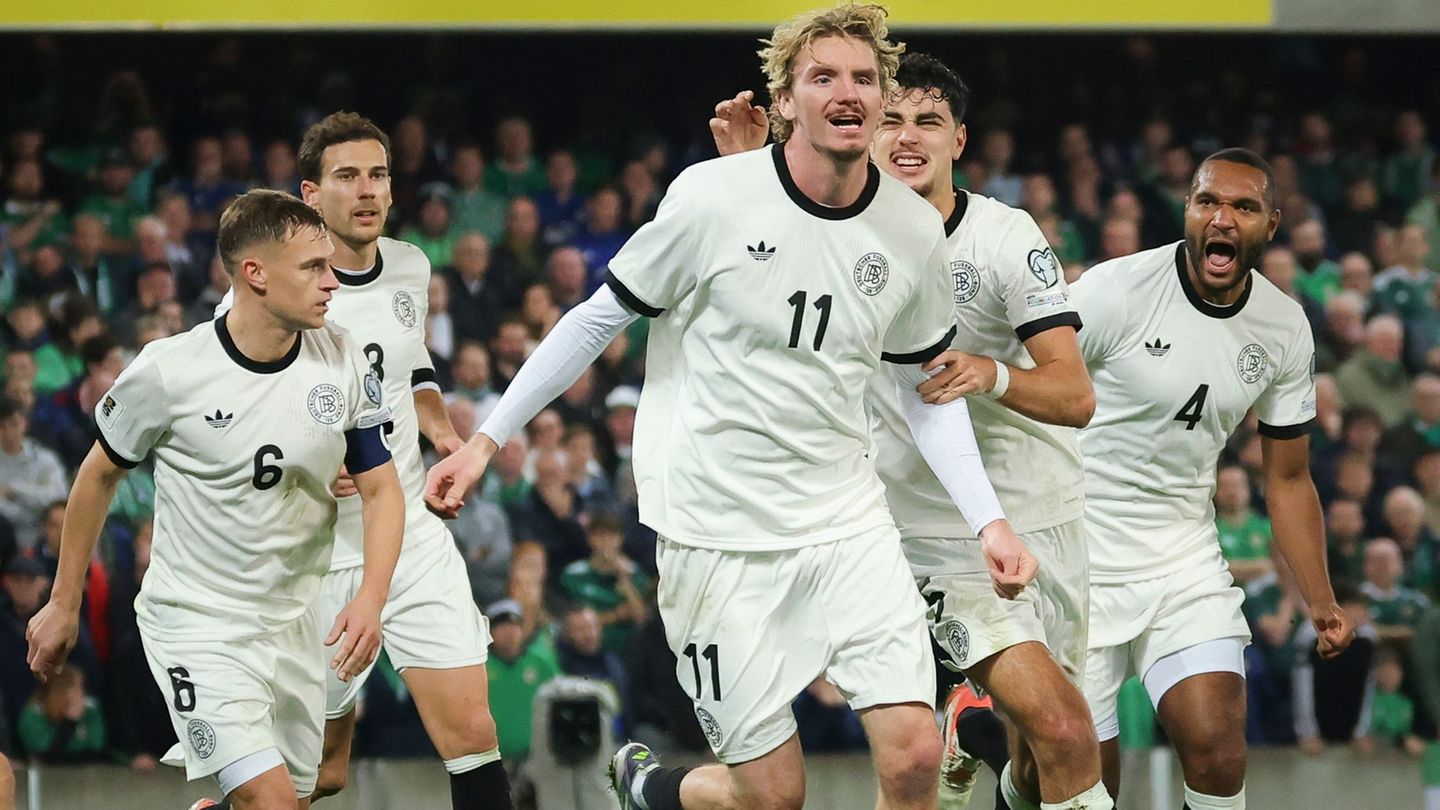I have been working in the news industry for over 6 years, first as a reporter and now as an editor. I have covered politics extensively, and my work has appeared in major newspapers and online news outlets around the world. In addition to my writing, I also contribute regularly to 24 Hours World.
Menu
Parliamentary election: “Key moment” for South Africa: ANC under pressure after election
Categories
Most Read
Situation at a glance: Zelenskyj wants to negotiate with Trump about cruise missiles
October 14, 2025
No Comments
Situation at a glance: Macron warns of ongoing threat from Hamas
October 14, 2025
No Comments
Biden and Clinton praise Trump for ceasefire in Gaza
October 14, 2025
No Comments
Domestic political crisis: France’s new government is fighting for austerity budget
October 14, 2025
No Comments
Gaza Agreement: After Trump’s Middle East trip: What’s next in Gaza?
October 14, 2025
No Comments
Latest Posts

Alec Baldwin: Actor involved in car accident
October 14, 2025
No Comments
Lisa HarrisI am an author and journalist who has worked in the entertainment industry for over a decade. I currently work as a news editor

World Cup qualification: Lucky Woltemade: Pat on the back for a shoulder goal
October 14, 2025
No Comments
PierceI am Pierce Boyd, a driven and ambitious professional working in the news industry. I have been writing for 24 Hours Worlds for over five

National soccer team: Goalkeeping debate annoys Nagelsmann: “Not productive”
October 14, 2025
No Comments
PierceI am Pierce Boyd, a driven and ambitious professional working in the news industry. I have been writing for 24 Hours Worlds for over five
24 Hours Worlds is a comprehensive source of instant world current affairs, offering up-to-the-minute coverage of breaking news and events from around the globe. With a team of experienced journalists and experts on hand 24/7.

